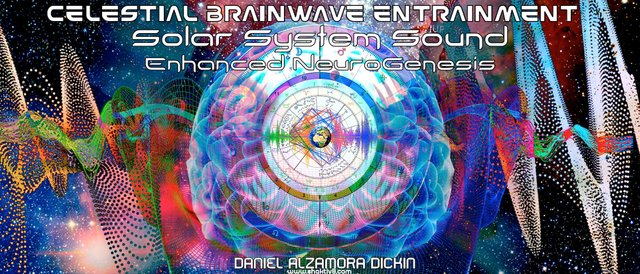Experience has shown that therapy using music for therapeutic purposes has certain effects on neuropsychiatric disorders (both functional and organic disorders). However, the mechanisms of action underlying music therapy remain unknown, and scientific clarification has not advanced.
While that study disproved the Mozart effect, the effects of music on the human body and mind were not disproved. In fact, more scientific studies on music have been conducted in recent years, mainly in the field of neuroscience, and the level of interest among researchers is increasing. The results of past studies have clarified that music influences and affects cranial nerves in humans from fetus to adult.
The effects of music at a cellular level have not been clarified, and the mechanisms of action for the effects of music on the brain have not been elucidated. We propose that listening to music facilitates the neurogenesis, the regeneration and repair of cerebral nerves by adjusting the secretion of steroid hormones, ultimately leading to cerebral plasticity. Music affects levels of such steroids as cortisol (C), testosterone (T) and estrogen (E), and we believe that music also affects the receptor genes related to these substances, and related proteins.
In the prevention of Alzheimer's disease and dementia, hormone replacement therapy has been shown to be effective, but at the same time, side effects have been documented, and the clinical application of hormone replacement therapy is facing a serious challenge. Conversely, music is noninvasive, and its existence is universal and mundane. Thus, if music can be used in medical care, the application of such a safe and inexpensive therapeutic option is limitless. Source: https://pubmed.ncbi.nlm.nih.gov/18692321/
